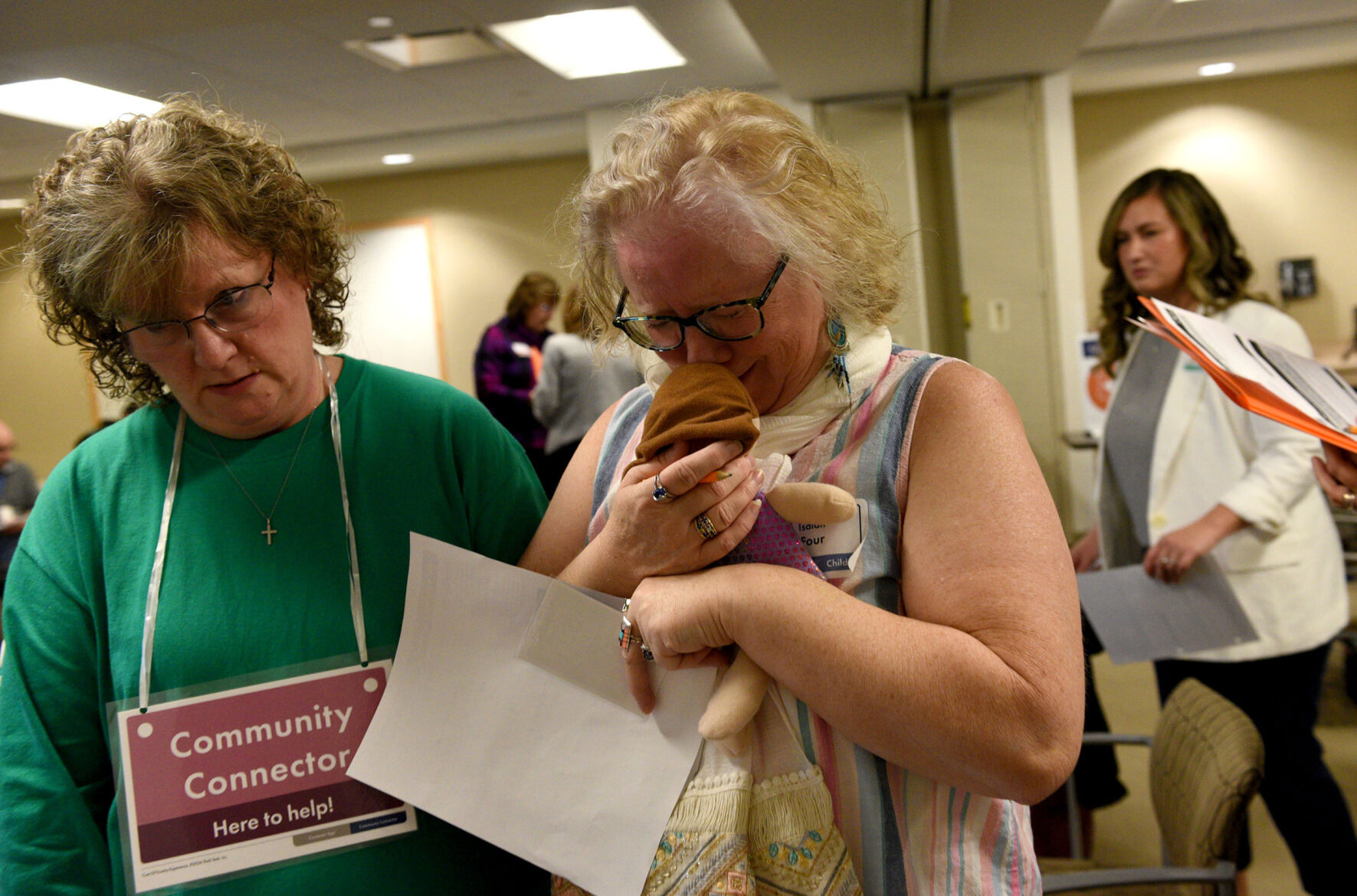Study debunks common myths about habits

A recent study has challenged the common myths surrounding habits that have been perpetuated by pop psychology. The groundbreaking research, conducted by a team of experts from prominent universities, delves into the complexities of habit formation and debunks several misconceptions that have been widely accepted.
One of the key findings of the study is the debunking of the belief that it takes 21 days to form a habit. The researchers discovered that the time it takes for a habit to become automatic varies significantly depending on the individual and the complexity of the behavior. Additionally, the study challenges the idea that willpower alone is enough to break a habit, emphasizing the role of environmental cues, social influences, and emotional triggers in shaping habitual behaviors.
Moreover, the study highlights the importance of context in habit formation, revealing that habits are closely tied to the environment in which they occur. Understanding the context in which habits are formed is essential for effectively changing them.
These findings have significant implications for personal development and self-improvement. By debunking common myths about habits, individuals can adopt more effective strategies for behavior change and cultivate healthier habits. Instead of relying on quick fixes or oversimplified advice, the study encourages a more nuanced approach to habit formation that considers the complexity of human behavior.
In conclusion, the new study challenging ‘pop psychology’ myths about habits offers valuable insights into the true nature of habit formation. By debunking misconceptions and emphasizing the role of context and individual differences, the research provides a more informed understanding of how habits are formed and changed. For those seeking to break old habits or develop new ones, this study serves as a beacon of hope, offering evidence-based guidance for navigating the intricate world of human behavior.





